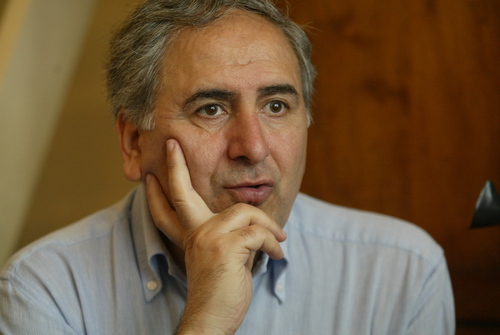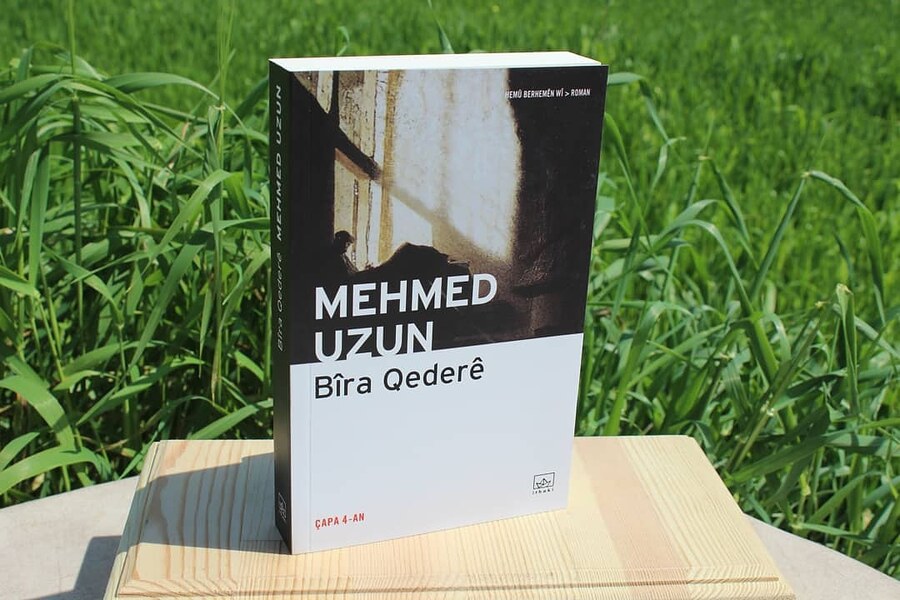Elan Mohammed
The novel "Bira Qadare" was written by the famous Kurdish writer "Mohammed Ozun". This novel was published in 1955. The biographical novel focuses on the life of Jaladat Badr Khan. The novel is 260 pages long, and it has also been published several times.
This novel is written with complete expertise and has been read and admired by thousands of Kurdish readers. The novel begins with death, and it ends with death too. The novel consists of sixteen chapters. Parts of the novel deal with "the story of Jaladat, the Badr Khan family in Istanbul at the beginning of the century, both world wars, the days of refuge abroad, the time of Khoybun, the magazine Hawar published in Damascus, and life in Germany"; all this is mixed with a literary and artistic passion and is connected with a beautiful form and language that every reader can understand.

In Bira Qadare, Mohammed Uzun shows the life of Jaladat, which was tragic in every field (struggle, love, relationships, etc.), and tells the history of the Badr Khan family, which is full of regret. The novel consists of sixteen chapters, all of which describe the images accurately. At the beginning of each chapter, the photographs are arranged with the history of the time they were taken and the events of that time.
The novel begins with the birth of Jaladat Badr Khan and the introduction of the Badr Khan family. Jaladat is born dead and wakes up next to the well in their yard in Istanbul, opening his eyes to the universe. He loses his life in a well in Syria. Thus, the novel is about the well of Jaladat's life because there is a well at the beginning and end of Badr Khan's life. That has become a link in the novel. The Well follows Jaladat and rules over the fate of the emir. On the other hand, bir (well) is synonymous with "remembering" in Kurdish. Then wherever Jaladat is, there a well, dark and bright thoughts. The Well follows him and rules his fate of life and death. Jaladat named the well in Hajani's village "Bira Qadare" and predicted that it would cause his death, and said, "Now I see in my thought that I have become an exile in the world, without home, children, or place."
Unfortunately, Jaladat's prediction came true, and passed away on July 24, 1951, after slipping his feet and falling into the well of destiny (Bira Qadare).

Mohammed Uzun uses beautiful and fluent language in his novel that everyone can understand and is at the highest level in the field of language teaching. Therefore, Bira Qadare is a new method, a modern work, a highly literary method, and rich in language. Therefore, the novel tells us something new and beautiful about Kurdish intellectuals such as Jaladat Badr Khan and Mamdouh Salim Bag. It also reminds us of the ancient culture and colors of cultural life among Kurds, different regions of Kurdistan, and refugees like a series of films.
Through this novel, we get to know our society, history, the suffering of Kurdish intellectuals in the past, and their struggles. For instance, refugees and their suffering, alone in a different country, far from their homeland, etc. However, these sufferings affected Jaladat Badr Khan and influenced Muhammad Uzun, who expressed his feelings in his language.
Through the hero of the novel Jaladat, Mohammed Uzun wants to say that well (thought) is the fate of Kurdish scholars and writers, the fate of true Kurdish intellectuals who suddenly slip into a dark and bottomless well in their lives.









